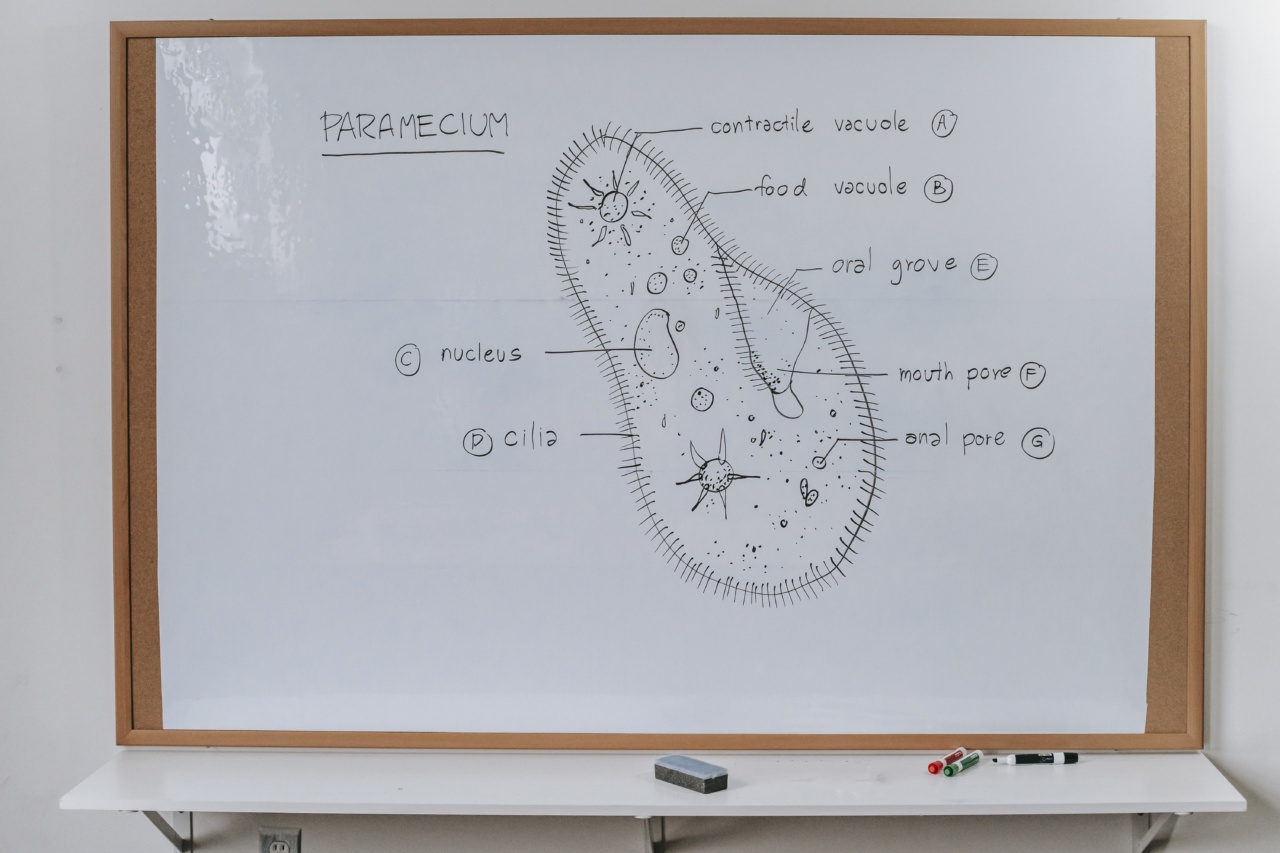Headaches are common and can range from mild discomfort to severe pain. While it is not uncommon to experience an occasional headache, recurring headaches can be a cause for concern.
In some cases, recurring headaches may be a warning sign of a serious underlying health issue. Knowing when to seek medical attention for recurring headaches is essential to prevent any further complications. Below are some warning signs that indicate the need to consult a healthcare professional for your headache symptoms.
1. Headache Frequency and Intensity
If your headaches are becoming more frequent and severe, it may be time to seek medical attention.
Most people experience a headache once in a while, but if you are experiencing headaches multiple times a week or day, it is an indication of something more serious. The intensity of your headache can also be an indicator of the headache’s severity. If you feel like your headache pain is continually increasing, it may be necessary to seek medical attention immediately.
2. Headaches that Last for Extended Periods
Headaches that persist for an extended period may be a sign of an underlying health issue. If your headaches last for several days or weeks, it is essential to seek medical attention.
Prolonged headaches can have a significant impact on your daily life, and it is vital to get a proper diagnosis and treatment plan in place to reduce the duration and intensity of your headaches.
3. Headaches Accompanied by Other Symptoms
Headaches that are accompanied by other symptoms may be indicative of an underlying health condition.
If you experience headaches along with nausea, vomiting, dizziness, or other neurological symptoms, it is important to seek medical attention immediately. These may be related to serious conditions such as meningitis or a brain tumor.
4. Headaches that Interfere with Daily Activities
If your headaches interfere significantly with your daily activities, it is crucial to seek medical attention. Headaches that make it difficult to concentrate, work, or take care of your daily tasks may be indicative of an underlying health problem.
It is essential to seek medical attention to get the treatment you need to alleviate your headache pain and improve your quality of life.
5. Headaches that Worsen with Physical Activity
If physical activity makes your headache worse, it may be time to seek medical attention.
This may be a sign of an underlying health issue such as a brain tumor or an aneurysm, and it is important to get prompt treatment to prevent further complications. If you experience headaches that worsen with physical activity, do not ignore them.
6. Headaches with Change in Vision or Hearing
If you experience changes in vision or hearing along with your headaches, it is essential to seek medical attention. These changes may be related to an underlying health condition affecting your nervous system that requires prompt treatment.
Seek immediate medical attention if you have blurry vision, hearing loss, or other similar symptoms.
7. Headaches that Occur After a Head Injury
If you experience headaches after a head injury, it is necessary to seek medical attention immediately. Head injuries can lead to traumatic brain injury, which can cause chronic headaches, among other symptoms.
It is important to get a proper diagnosis and treatment plan in place to minimize the risk of further complications.
8. Headaches that Do Not Respond to Over-the-Counter Pain Medication
If your headaches do not respond to over-the-counter pain medication, it is time to seek medical attention.
Over-the-counter pain medication can provide temporary relief from headaches, but if your headaches persist, it is an indication of a more serious problem. Your healthcare provider will help you devise a treatment plan for your headache symptoms.
9. Headaches that Occur with Seizures
If you experience seizures with your headaches, it is essential to seek medical attention immediately. Seizures can be a sign of a serious medical condition that may be life-threatening.
Seek immediate medical attention if you experience seizures along with your headaches.
10. Recurring Headaches after Age 50
If you experience recurring headaches after age 50, it is important to seek medical attention.
Recurring headaches after age 50 can be an indication of age-related medical conditions such as temporal arteritis, which can cause severe headache pain and vision loss if not treated promptly.
Conclusion
Recurring headaches are a common problem that can be indicative of an underlying health issue. If you experience any of the above warning signs, it is essential to seek medical attention immediately.
Early diagnosis and treatment will minimize the risk of further complications and help you get the relief you need from your headache pain.





























